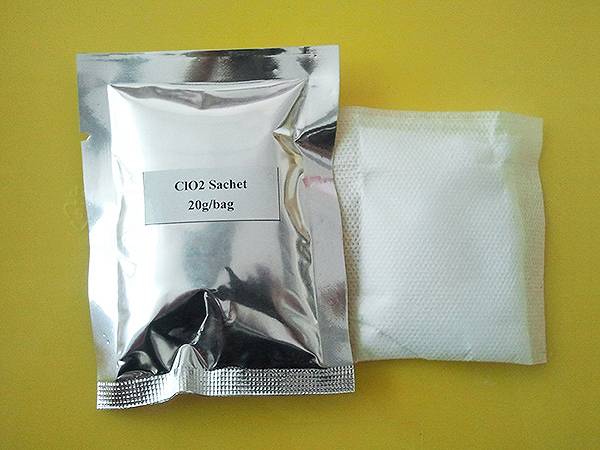



Understanding the Properties and Uses of KNO3 Solid in Various Applications
The Importance and Uses of KNO3 Solid
Potassium nitrate, commonly referred to as KNO3, is a colorless crystalline solid that consists of potassium, nitrogen, and oxygen. It is an inorganic compound with the chemical formula KNO3 and is commonly found in nature as a mineral known as niter or saltpeter. KNO3 has a variety of applications across different fields, making it an essential compound in both industrial and agricultural sectors.
Chemical Properties
KNO3 is characterized by its white, crystalline appearance and high solubility in water. This solubility allows it to be easily utilized in various chemical processes. Potassium nitrate is an important source of potassium and nitrogen, two vital nutrients for plant growth. In its solid form, KNO3 can be used directly in agricultural applications or dissolved in water to create nutrient-rich solutions for irrigation.
Moreover, KNO3 serves as an oxidizing agent. When it decomposes upon heating, it releases oxygen, which can facilitate combustion in various chemical reactions. This property makes KNO3 valuable in several industrial processes, including the manufacturing of fertilizers and explosives.
Agricultural Applications
One of the primary uses of KNO3 solid is in the agricultural industry as a fertilizer. It delivers essential nutrients, particularly nitrogen and potassium, which are crucial for plant health and development. In agricultural practices, nitrogen supports leaf and stem growth, while potassium aids in root development, photosynthesis, and overall plant resilience. The combination of these nutrients in KNO3 makes it an ideal fertilizer for crops, leading to increased yield and improved quality.
Farmers often apply KNO3 directly to the soil or use it as a foliar spray. When used as a foliar application, the nutrients are quickly absorbed by the leaves, providing rapid benefits to the plants. This method is especially beneficial during critical growth phases, such as flowering and fruiting, when plants require additional nutrients to thrive.
kno3 solid

Industrial Uses
Beyond its agricultural benefits, KNO3 plays a significant role in various industrial applications. One of the most notable uses of potassium nitrate is in the production of gunpowder and other explosives. Its oxidizing properties make it a key component in pyrotechnics, where it facilitates combustion and enhances the explosive power of mixtures.
KNO3 is also employed in the food industry as a preservative and curing agent for meats, helping to inhibit bacterial growth and maintain color. In the manufacture of glass, it serves as a flux to lower the melting point of raw materials, improving the efficiency of the glass-making process. Additionally, KNO3 is used in the production of certain fertilizers, ceramics, and even in the creation of fireworks, showcasing its versatility across different sectors.
Environmental Considerations
While KNO3 has numerous benefits, its use must be managed carefully to minimize environmental impacts. Runoff from agricultural fields can lead to nutrient pollution in waterways, contributing to issues such as algal blooms and water quality degradation. Sustainable practices, such as precision agriculture and responsible fertilizer application, can help mitigate these concerns and ensure that potassium nitrate is used effectively and responsibly.
Conclusion
In summary, KNO3 solid is a valuable compound with widespread applications in agriculture and industry. Its role as a nutrient-rich fertilizer supports plant growth and agricultural productivity, while its oxidizing properties make it essential in explosive manufacturing and various industrial processes. As the world continues to rely on efficient agricultural practices and innovative industrial applications, potassium nitrate will remain a critical compound, promoting sustainable growth and development in numerous sectors. Understanding its properties and uses will help both individuals and industries to optimize its benefits while mitigating potential environmental impacts.
-
Why Sodium Persulfate Is Everywhere NowNewsJul.07,2025
-
Why Polyacrylamide Is in High DemandNewsJul.07,2025
-
Understanding Paint Chemicals and Their ApplicationsNewsJul.07,2025
-
Smart Use Of Mining ChemicalsNewsJul.07,2025
-
Practical Uses of Potassium MonopersulfateNewsJul.07,2025
-
Agrochemicals In Real FarmingNewsJul.07,2025
-
Sodium Chlorite Hot UsesNewsJul.01,2025










